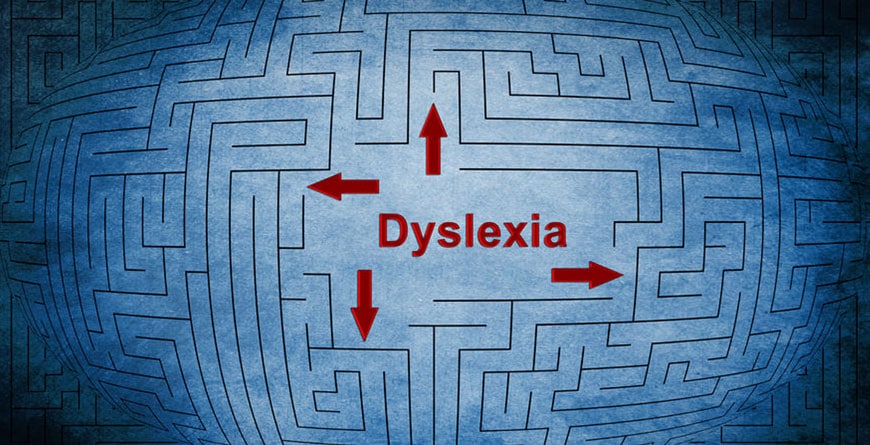Understanding Dyslexia

Dyslexia is defined as a neurobiological disorder that affects a person’s phonological processing and memory1. It brings about difficulties, which vary in degrees of severity, in fluent word recognition, poor spelling, decoding abilities, and more. Dyslexia can also interfere with a person’s ability to use rapid-memory recall, organize thoughts for storing and retrieving, and fluently expressing ideas2. There is a misconception that dyslexia causes a person to see letters, words, and numbers backwards, but in reality, it is so much more.
The best method to use with dyslexic students is a multi-sensory approach, which we at The Reading Room always use. Using this type of approach, where we integrate visual, auditory, tactile, and kinesthetic learning elements to activate different parts of the brain, not only benefits those students with dyslexia but all types of students3. As a tutor, it is necessary to first start with guided instruction, then move to collaborative learning, and finally independent learning. It has also been found that reading interventions that are specifically geared toward an individual’s underlying deficits are most effective.
At the heart of dyslexia is a phonological processing deficit. Hence, people with dyslexia have difficulty processing the sound system of language. The teaching of phonological awareness must be done in a progression, beginning with rhyming, then isolating and categorizing sounds, then segmenting and blending syllables in sounds, and finally manipulating phonemes4. In doing this, we can help to minimize the negative effects of dyslexia.
Even though students with dyslexia struggle with word recall, the study of base words, roots, prefixes, and suffixes can help them build word knowledge. In The Reading Room, we always make sure to review previous lessons before we start a new one as it has been found that repetition improves learning. Students with dyslexia can be successful in learning to read and write if they are given the appropriate interventions and we always seek to provide instruction that is structured, multi-sensory, and engaging!
1 Lyon, G.R., Shaywitz, S.E., & Shaywitz, B.A. (2003). A definition of dyslexia. Annals of Dyslexia, 53(1), 1-14. 2 Gooch, D., Snowling, M., & Hulme, C. (2011). Time perception, phonological skills and executive function in children with dyslexia and/or ADHD symptoms. The Journal of Child Psychology and Psychiatry, 52(2), 195-203. 3 Lyon, G.R., Shaywitz, S.E., & Shaywitz, B.A. (2003). A definition of dyslexia. Annals of Dyslexia, 53(1), 1-14. 4 Ehri, L. (2002). Phases of acquisition in learning to read words and implications for teaching. British Journal of Education. 7-21.



